Long Story Shorts: How Does Fish Poop Keep Our World in Balance? – Hakai Institute
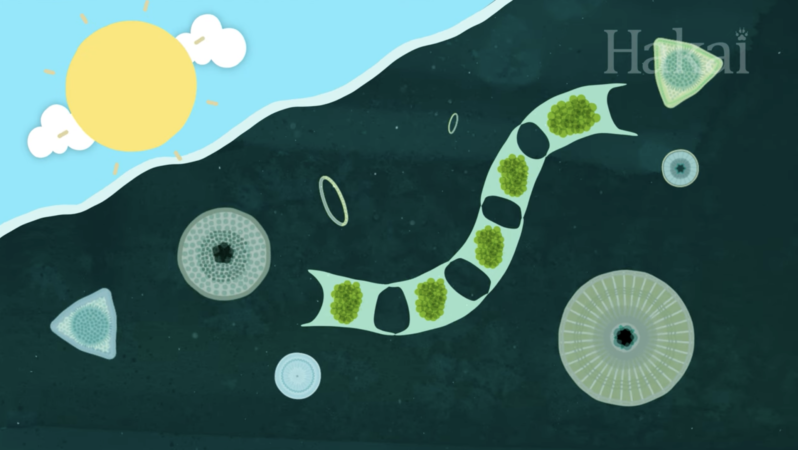
You might be asking yourself, What does fish poop have to do with the health of the ocean and our planet? Well, gross or not, that fish poop plays a big role in something called the carbon cycle. Watch this video to find out—then think about everything else that goes number two in the deep blue and you’ll see how all that poop can help keep the Earth in balance…
Long Story Shorts: What Role Does Sound Play in the Ocean? – Hakai Institute
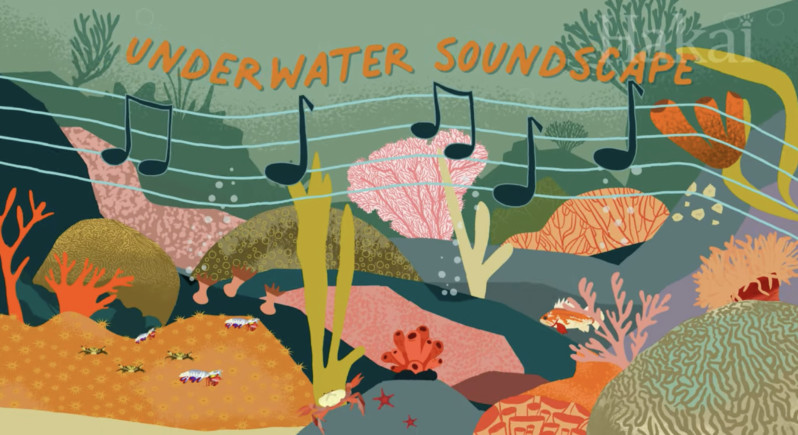
Have you ever wondered how sound works underwater? Or how much life in the ocean depends on hearing and being heard? Watch this episode of Long Story Shorts to get the answers, and find out what happens when we interfere with the soundscapes of the sea…
Ocean Wonders: Slumber in the Sea – Hakai Institute
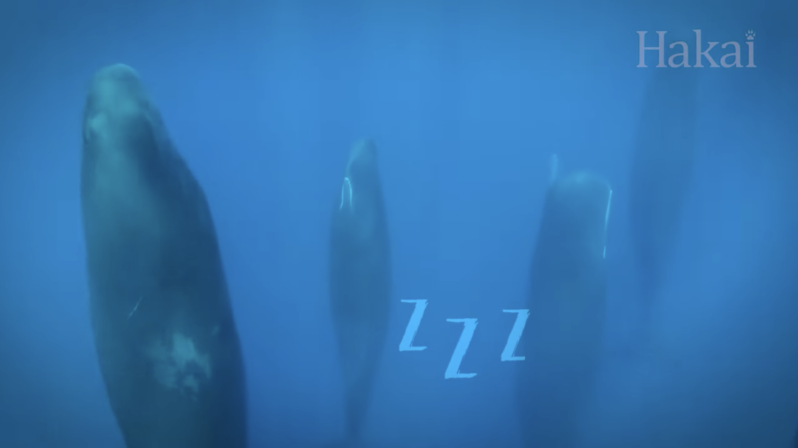
Though we’re still not sure exactly why we and other animals snooze, we do know that sleep can look very different for creatures living underwater. Follow us down into the deep to discover how dozing in the ocean can be more bizarre than your wildest dreams…
Long Story Shorts: What Are Hybrid Species? – Hakai Institute
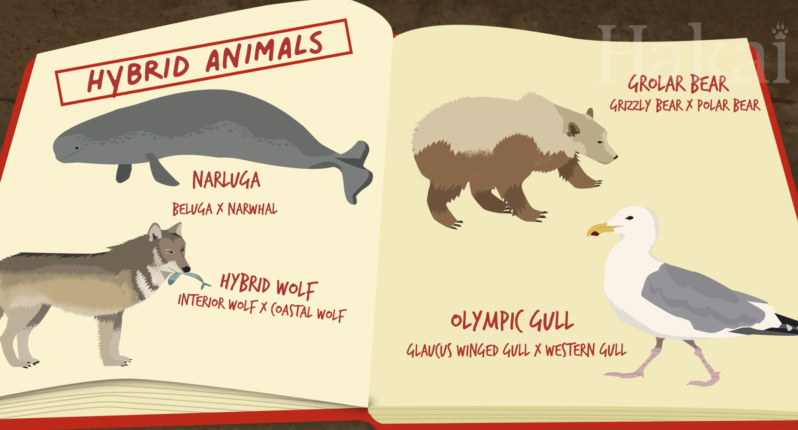
“While tales of centaurs, minotaurs, and other mythical hybrid animals have captured the human imagination for centuries, our planet harbors its own collection of extraordinary beings that blur the lines between species. Journey with us as we explore the wonderful world of real-life hybrid animals….”
Ocean Wonders: Aging in the Abyss – Hakai Institute
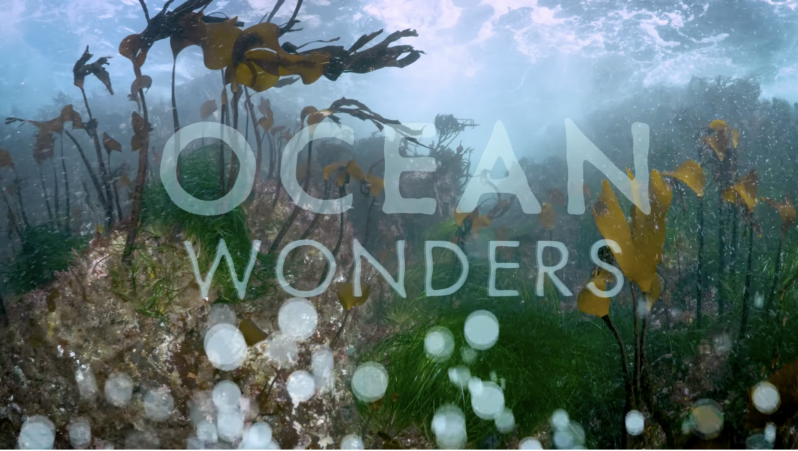
“Imagine what it might be like to get old living in the deep. From creatures that exist for just a matter of days to others that never quite die, animal aging in the deep blue is as wild as the sea itself. Join us as we take a look at what it’s like to grow old in the ocean…”
Ocean Wonders: A Symphony of Smells – Hakai Institute
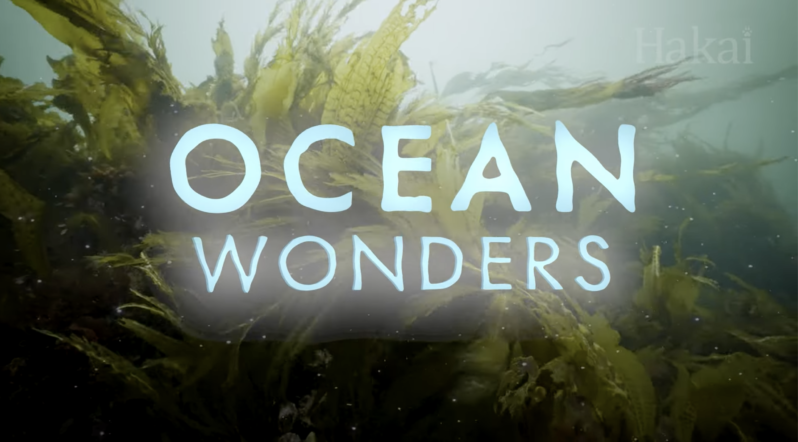
“Take a whiff of the sea breeze. What happens to that scent when you sink below the surface? It turns out the sense of smell is crucial to those living in the deep. Hold your breath—but not your nose—as we explore olfaction in the ocean…”
Long Story Shorts: What Is a Core Sample? – Hakai Institute
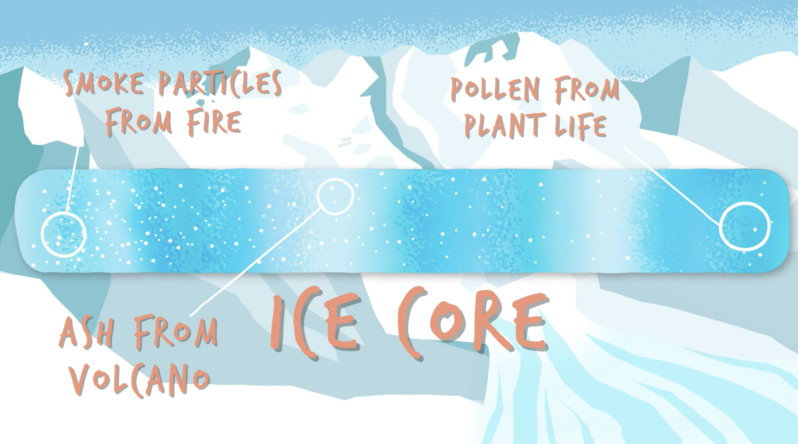
Have you ever wanted to go back in time— just to see what it was like? Well, scientists have figured out how …sort of… Watch this video to find out how tree, ice, and sediment cores can tell us all sorts of things about the past…
Long Story Shorts: How Do Invasive Species Take Over? – Hakai Institute
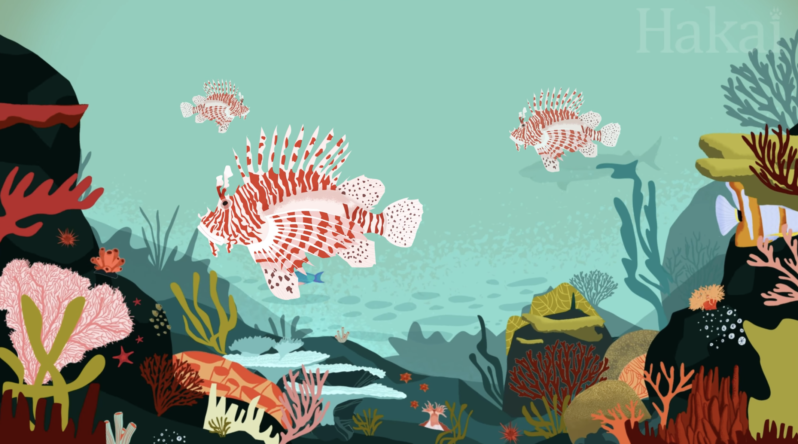
Invasive species start as strangers in a strange land but over time come to dominate their new homes. The ocean has played host to some of the most prolific of these infiltrations of our time. So just how are these marine invaders able to adapt and thrive in new neighborhoods?
Long Story Shorts: Why Should You Care about Deep-Sea Mining? – Hakai Institute
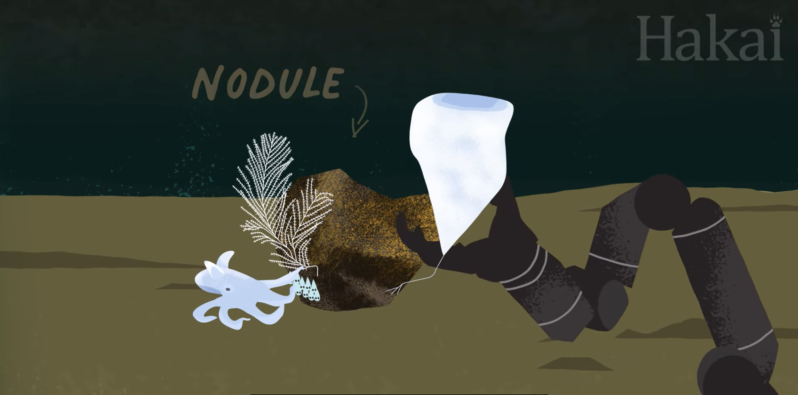
Deep-sea mining is a controversial proposed solution to the rising global demand for metals—but did you know it has the potential to destroy vital deep-water ecosystems and cause unknown ripple effects through the entire marine ecosystem?
